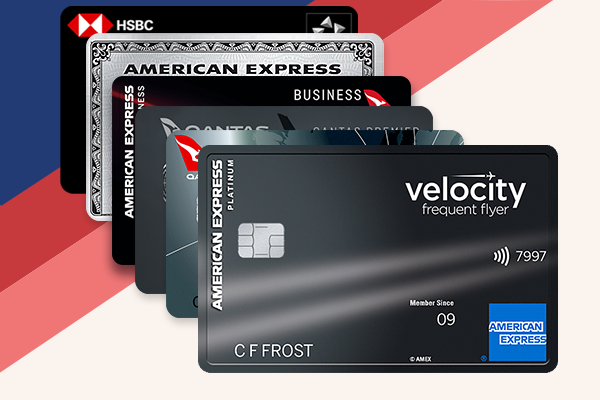ajd
Active Member
- Joined
- Jan 17, 2014
- Posts
- 567
- Qantas
- Silver
- Virgin
- Red
WIll be interesting to see where the ACCC focuses its attention, there seems to be a lot of discussion about privacy and data mining/sharing/selling that I'm not sure if its the focus of the ACCC, or maybe just how the media is interpreting and magnifying these concerns. I.e. stories about privacy and data matching seem get a lot more interest and make better headlines than a dry investigation into boring T&Cs. I think this might be a bit of a red herring as most consumers would know and expect how interested companies are in how consumers spend their money, that wouldn't be a surprise to anyone anymore.
For me, as an educated consumer who has a decent idea how to maximise point value, can keep their points from expiring, etc etc, the privacy and data mining aspect is hugely important.
I don't think it is at all obvious that most consumers know and expect companies to use their consumer data in the way that they do. Of course, the average person can tell you, vaguely, that companies "mine my data" or whatever, they can tell that certain marketing gets targeted. But they don't know much more than that.
Unlike most other aspects of loyalty programs where you can learn where you stand if you care to read the T&Cs carefully enough, the use of customer data is incredibly opaque - it's unclear what they collect and who has it. When GDPR forced many companies in the EU to release more information about their data collection practices it became clear that some major brands have literally dozens of marketing/advertising contractors, each of whom would have their own practices as to how they handle your data.
This is the area where I'd like the ACCC to take action more than anything else - but it's also not really the ACCC's remit to look at privacy; privacy merely comes up incidentally.
Re: the ACCC catering to the masses - good, at least up to a certain level. Consumer protection exists for the everyday person whose life does not revolve around researching a particular product or service in incredible detail, and I expect regulators to care about those people more than the tiny minority that makes it their hobby to understand a certain product.















